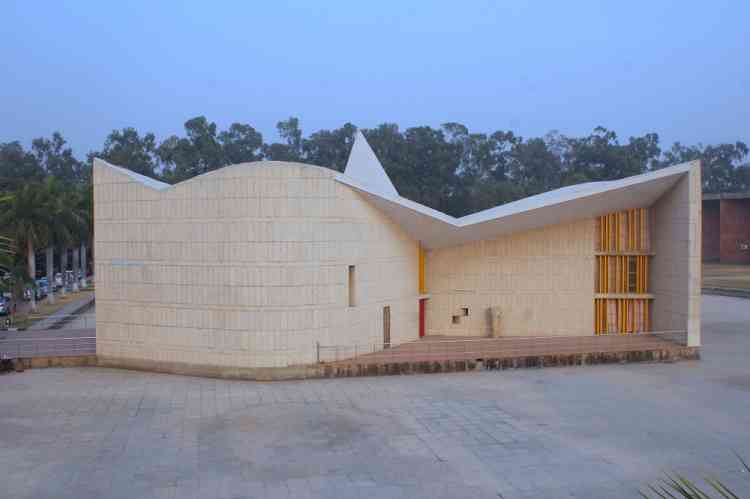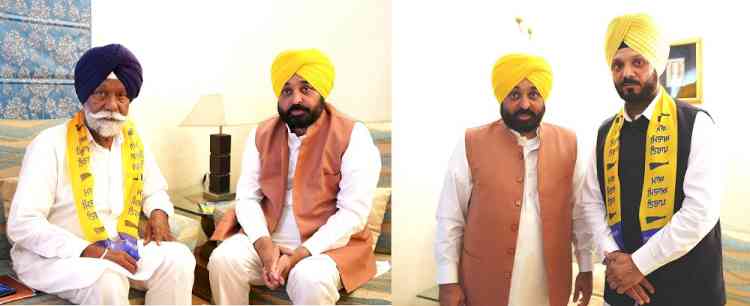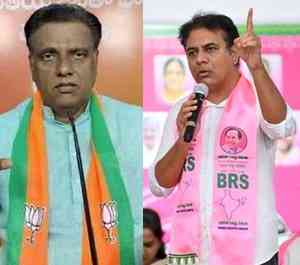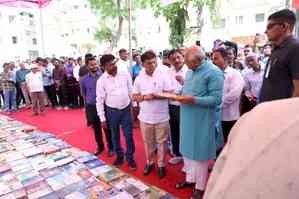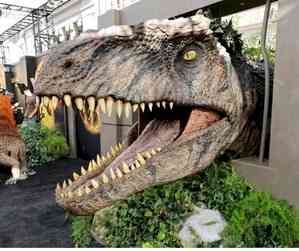Interaction Between Children Suffering With Down Syndrome & School Principals On Oct 14
Author(s): City Air NewsLudhiana, October 10, 2015: For educating the masses about "Down Syndrome", the District Administration in collaboration with NICPA (North India cerebral Palsy Association) or Ashirwad, will be organising an interaction...

Ludhiana, October 10, 2015: For educating the masses about "Down Syndrome", the District Administration in collaboration with NICPA (North India cerebral Palsy Association) or Ashirwad, will be organising an interaction between the students suffering from this disease and the principals of city schools on October 14, 2015. This interaction would be organised at the school run by NGO, Ashirwad, in Urban Estate Phase 2 Dugri, here, from 9:30 am to 11 am on Wednesday.
The NICPA (North India cerebral Palsy Association) or Ashirwad, as it is lovingly called by everyone associated with it, is a Registered Organisation working since September 1999 for children with disabilities. It is now a prominent cross disability NGO of Punjab and has contributed to make a difference to the lives of more the 1000 children and their families by association across the state. These are children affected by developmental disabilities like Cerebral Palsy, Autism, Down syndrome and Multiple Disabilities.
ADC (D) Mrs Shena Aggarwal informed that Ashirwad is celebrating the Down Syndrome Sensitisation and Awareness month in October. The aim is to encourage early diagnosis and acceptance of these children, by family and society, to encourage early intervention and inclusion of these children so as to achieve self-care, skill development and economic empowerment as far as possible.
She informed that Down Syndrome is a genetic disorder caused by the presence of all or part (mosaicism) of a third (extra) copy of chromosome 21. It occurs in one in 800 births worldwide. She said that a preliminary diagnosis can usually be made at birth just by looking at the baby because of the presence of characteristic facial and physical features like slanted eyes, small chin, flat nose, low set ears, a protruding tongue due to a small mouth and a relatively large tongue, single crease of palm and poor muscle tone. But not all children will show typical appearance. If the attending doctor suspects Down syndrome, a karyotype with a blood or tissue sample to show chromosomes will be performed to verify the diagnosis.
Mrs Shena Aggarwal informed that the main aim of this interaction would be that they want to educate the school principals that children suffering from down syndrome does not need special schools to study and can study with other children easily.
Date:
Saturday, October 10, 2015

 cityairnews
cityairnews 







